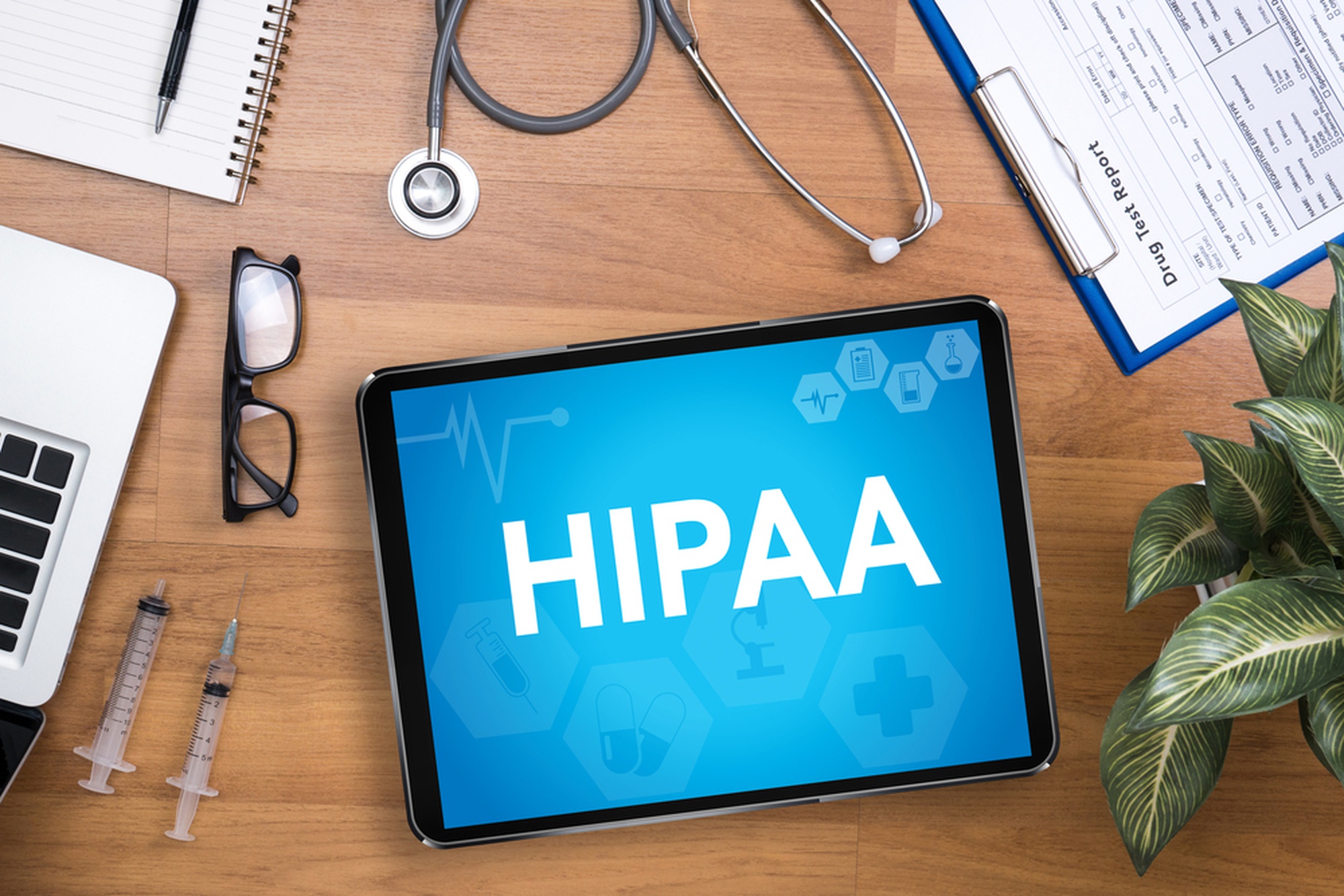In the era of digital technology, the security of sensitive information has become a top priority for all businesses. Health Insurance Portability and Accountability Act (HIPAA) HIPAA is a law that offers guidelines to healthcare professionals on how to handle processing, storing, and safeguarding protected health information. HIPAA compliance is essential for healthcare organizations to safeguard privacy and avoid penalties. It also helps maintain an image of trust.

HIPAA legislation applies to health care providers, health plans, clearinghouses for healthcare, and business associated with HIPAA-covered entities. PHI may contain any information that can be used to determine an individual for identification purposes, such as addresses, names and credit card numbers. It also includes details concerning medical conditions and the procedures. PHI is highly important in the black market due to its potential for use to commit identity theft.
The HIPAA privacy rule sets out guidelines for the use of and disclosure of PHI. Covered entities must establish and implement policies and procedures to protect the confidentiality, integrity and accessibility of electronic PHI (ePHI). The policies and procedures must cover access controls and procedures for security incidents, security awareness training, and additional security measures. Additionally, covered entities must limit the use and disclosure of PHI to a minimum needed to fulfill the purposes of the use or disclosure.
The Security Rule of HIPAA mandates that all entities that are covered by the rule protect the integrity and confidentiality of ePHI by implementing reasonable and appropriate physical and administrative security measures. These safeguards include audit control, integrity checks, encryption security and contingency planning. The covered entities are also required to periodically conduct risk assessments to detect potential weaknesses and then implement measures to minimize the risk.
The HIPAA Breach Notification Rule mandates that the covered entity inform individuals affected as well as the Secretary for Health and Human Services and in certain instances media in the event of an unsecured breach of PHI. The law defines a breach as acquisition, access, or use or disclosure of PHI in a manner that is not allowed under the Privacy Rule that could compromise the security or privacy of PHI. The covered entity must conduct a risk assessment to determine whether the PHI has been compromised as well as the potential harm that might result due to the breach.
HIPAA compliance requires ongoing training and education for employees to ensure they understand the obligations they have to fulfill regarding privacy and security. The covered entities also need to carry out regular risk assessments to determine potential vulnerabilities and implement measures to mitigate those risks. These measures may include implementing security controls, including encryption of ePHI as well as implementing contingency plans in the event an incident involving security.
Modern technology has had an enormous impact across all areas of our lives and healthcare. Electronic health records are an innovative instrument that enables healthcare professionals to manage and store information about patients in a seamless way. However the technology has led to security risks that are significant, making strict compliance with HIPAA guidelines essential. The patient’s data must be secure at all times. Cyberattacks are on the rise and the constant threat against healthcare providers is a sign that HIPAA is more vital than ever. HIPAA can help ensure the security and privacy of patient information, making patients feel more confident in healthcare providers.
HIPAA compliance helps healthcare organizations keep patient privacy secure while maintaining the trust of patients. HIPAA violations can lead to fines of up to $100,000 or more, and legal action as well as the loss of your reputation. Office for Civil Rights of Department of Health and Human Services (OCR) enforces HIPAA rules and is able to investigate complaints and check the conformance of employees.
HIPAA compliance in today’s current digital age is essential for healthcare providers. The HIPAA regulations offer specific guidelines for how to store, manage, handle, and safeguard secure health information. Health care organizations must have implemented policies and procedures to ensure they comply to HIPAA rules. They must perform regular risk assessments and also educate and train their employees. As a result, healthcare organizations can maintain their patients’ trust and avoid legal action.
For more information, click why is hipaa important